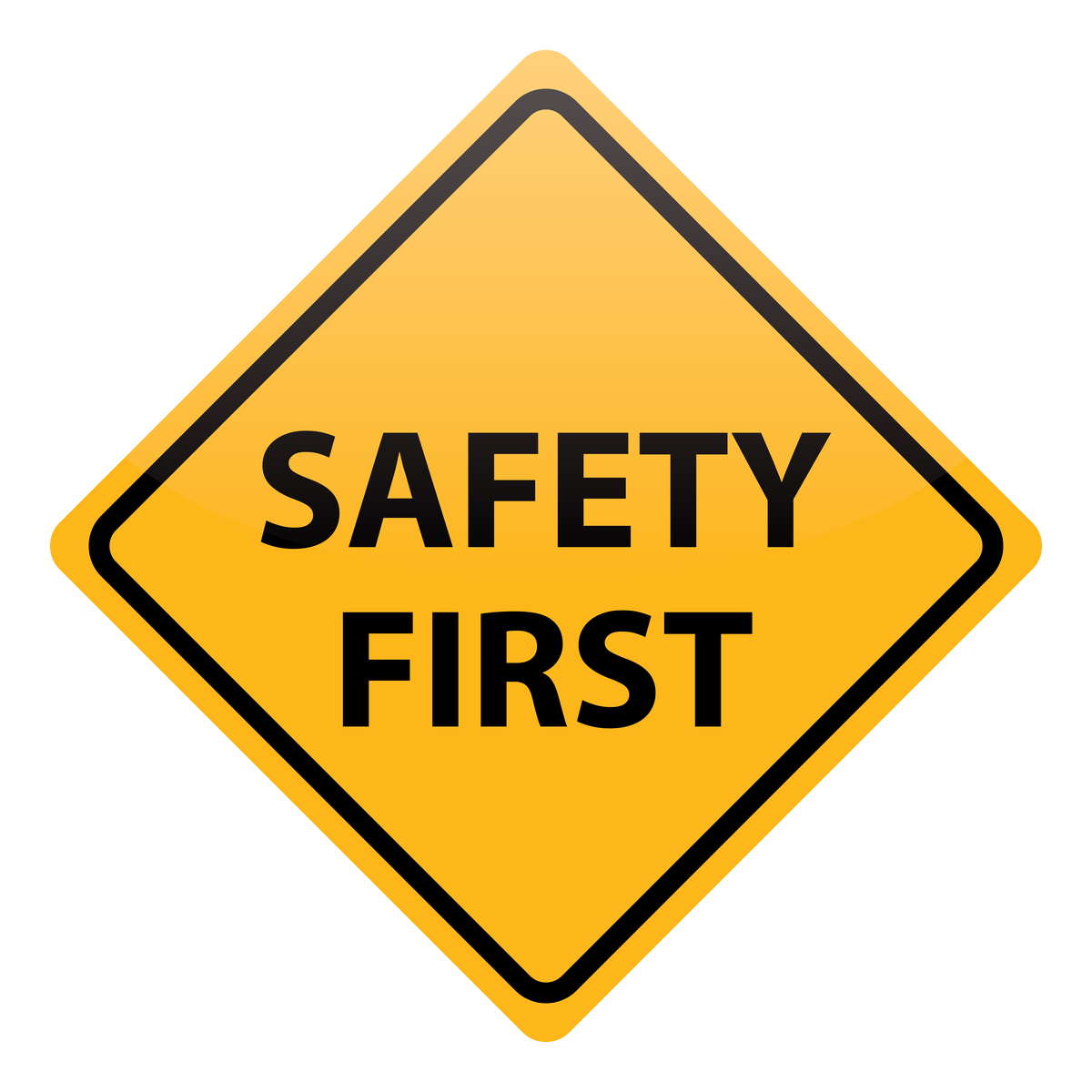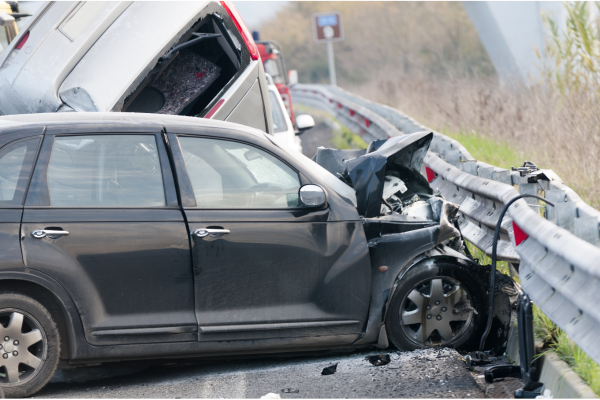While staying safe during any summer activity is important, there are some unique challenges when it comes to having summer fun in the midst of a pandemic. Not only do you have to worry about the regular concerns that come with activities like swimming, boating, camping, and the like, you also have to worry about social distancing and protecting yourself from exposure to COVID-19.
Parents need to be especially careful about exposing children or vulnerable members of their family (grandparents, those with compromised immune systems or existing respiratory conditions, etc.) to the virus.
That’s why the team at Demas Law Group put together this list of summer safety tips. Should you or someone in your family be injured due to someone else’s negligence, however, we’re also prepared to take your case and help you pursue whatever compensation you may be entitled to.
To learn more about our legal services, call us or visit our contact page.
Summer Hazards for Kids and Adults
 First, let’s cover the most important danger both children and adults are likely to face this summer: COVID-19. While some states are reopening, allowing for things like trips to pools, parks, and so on, it’s important to take responsible steps to prevent yourself from contracting or spreading the virus. You can carry the virus that causes COVID-19 without having any symptoms and spread it to others.
First, let’s cover the most important danger both children and adults are likely to face this summer: COVID-19. While some states are reopening, allowing for things like trips to pools, parks, and so on, it’s important to take responsible steps to prevent yourself from contracting or spreading the virus. You can carry the virus that causes COVID-19 without having any symptoms and spread it to others.
- Wear face masks in public spaces. Unless you have a respiratory illness or are under the age of two, this is one of the most effective steps you can take.
- Stay six feet away from other people whenever possible.
- Reduce the number of places you go or trips you make to limit your exposure.
- Order food, groceries, and other items to be delivered to your home, if possible
- If you feel sick, stay home.
In addition to COVID-19, there are a number of hazards that are more dangerous for children when it comes to summer activities. These include:
- Pools and the beach – It’s always nice to cool off on a hot summer day, but drowning deaths remain tragically common for children. According to the CDC, there is an average of 3,536 unintentional drownings in the U.S. every year, which equates to about 10 drowning deaths per day. Additionally, data show that about 1 in 5 drowning deaths involve children age 14 or younger.
- Playgrounds – More than 200,000 children age 14 or younger end up in hospital ERs for playground-related injuries, including 20,000 cases of traumatic brain injuries, according to the National Safety Council.
- Mosquitoes and other insects – Mosquitoes spread many dangerous diseases, including Zika and West Nile virus. Zika is particularly dangerous to infants.
- Bicycles – Motorists should take precautions when driving near bicyclists, and especially children on bikes. All cyclists should wear helmets to reduce the likelihood of a traumatic brain injury in a crash.
- Distracted walking – We often let our smartphones command our attention even in situations when we shouldn’t. Children need to be wary of the environment around them, especially when crossing the street or walking on the sidewalk.
Adults face some different of hazards in the summer, including:
- Boating – Being on the water can be a blast, but it’s important that you know how to handle the boat and that you don’t drink while boating. Alcohol is the leading contributor in fatal boating accidents.
- Grilling – Grilling hamburgers and hot dogs outside is a quintessential summer activity, yet grilling accidents cause more than 10,000 house fires every year. Many more people suffer burns and other injuries from grilling.
- Fireworks –Fireworks are a popular summer pastime for many people, especially on Independence Day. Be careful, though, as more than 12,000 people were injured by fireworks in a single recent year, and fireworks cause around 18,500 fires every year.
- Heatstroke – Whether you’re working in the yard or going for a hike in the mountains, you’re much more at risk of heat-related illness in the summer.
How to Keep Your Kids Safe This Summer
- Pools – Keep a close eye on your children at all times, don’t drink if your child is in the water, and take a CPR class to prepare yourself in case something happens.
- Playgrounds – Check for uneven playing surfaces around the playground, watch out for sharp or jagged edges, be aware of any elevated surfaces from which your child could fall, and look out for places where all or part of your child’s body could become trapped.
- Mosquitoes and other insects – Use mosquito repellant, avoid being outside at sunset or sunrise (when mosquitoes are most active), and wear long-sleeved shirts and pants to the best of your ability.
- Bicycles – Always make sure your child is wearing a helmet when they ride, do regular checks to make sure the bike itself is in good order, and teach your child to be aware of their surroundings while riding.
- Distracted walking – Teach your kids to put away their phones when they’re walking, especially when they’re crossing a street.
Safety Summer Guide for Adults
- Boating – Make sure you know how to handle the vehicle, don’t go too fast, and never drink while boating. Everyone should wear a life jacket – even good swimmers.
- Grilling – Keep kids and pets away from the grill, only grill outside, and use long-handled tools designed for grilling.
- Fireworks – Leave the pyrotechnics to the professionals.
- Heatstroke – Make sure you take regular water breaks and don’t push yourself too hard. If you notice any of the symptoms of heatstroke, seek medical attention right away.
Contact an Experienced Personal Injury Lawyer
Despite our best efforts to keep ourselves and our children safe during the summer, accidents sometimes happen. If you or someone in your family is injured this summer due to someone else’s negligence, you need to speak with an attorney right away.
To learn more about how the Demas Law Group can help with your personal injury claim, call us or fill out the form on our contact page.











